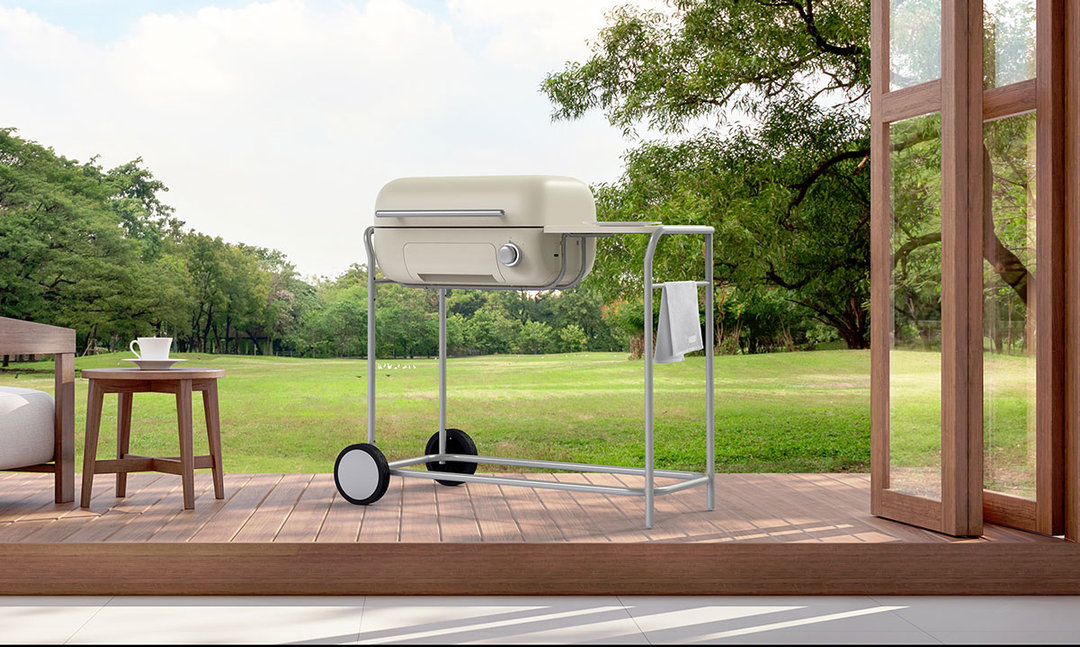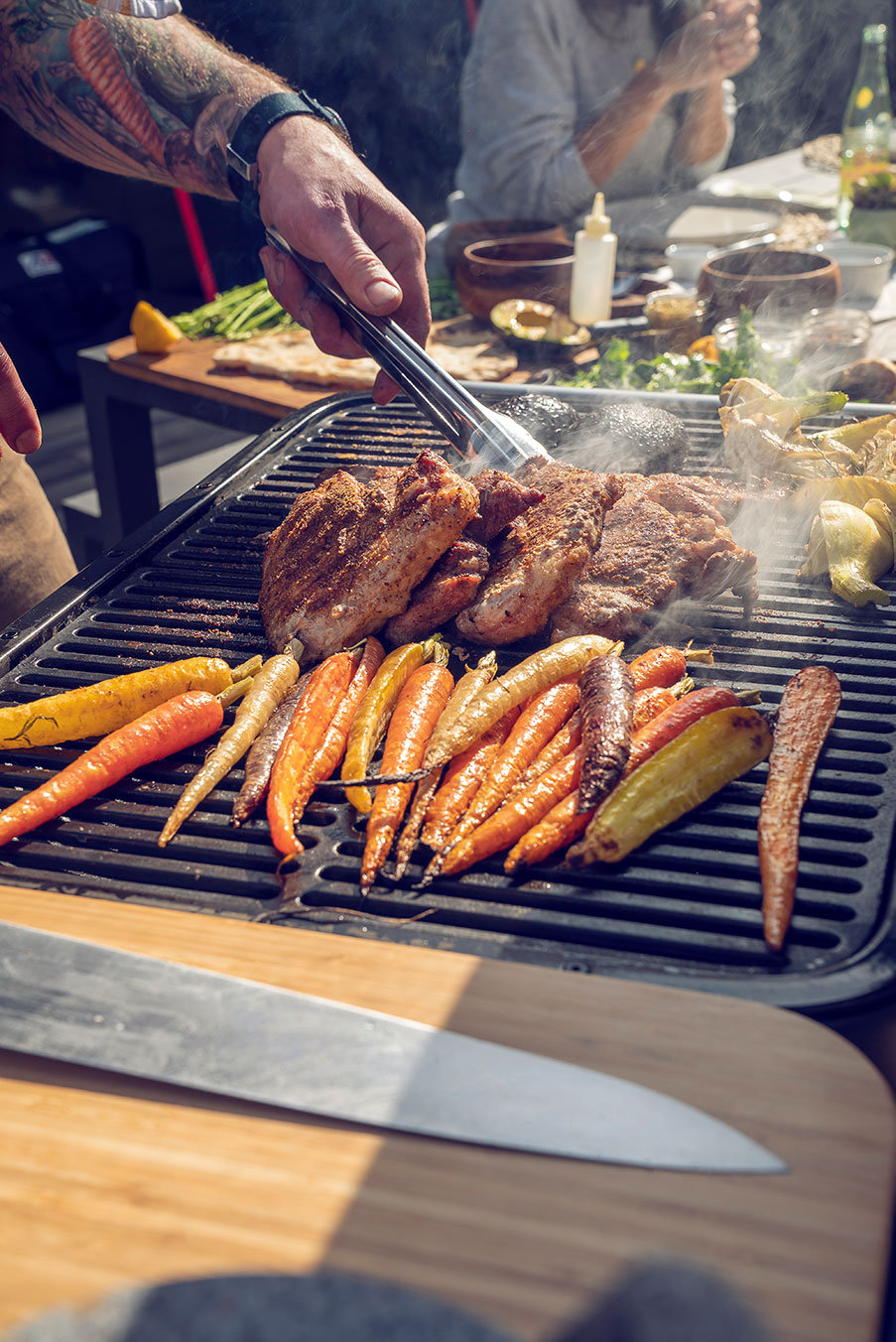Spark Grills: Giving outdoor grilling an upgrade
Taste the meat – and the heat? Ben West, founder of Spark Grills, on why he decided to launch a smart charcoal and wood grill.

After years in development, Spark Grills shipped its first products out to customers this summer.
FOUNDER INTERVIEW
It’s taken Ben West four years and $12m in funding to get his latest product out to customers. In development since 2016, Spark launched preorders for its “precision” charcoal grills, which it promised would be as easy to use as gas, in May this year. So far, it’s shipped 35 out to customers in the Boulder, Colorado area. Here, Ben explains how he went from running an eco-cookstove company to launching a direct-to-consumer barbecue business.
How did you get into the barbecue space?
In grad school, I learned about the cookstove issue [in developing countries], and pitched myself to an R&D [company] who needed product commercialisation. I worked with them for a while and ended up licencing the technology. So that spawned EcoZoom.
We started with just $40,000 in funding from the founding team, and got some great programmes going in Rwanda and Kenya. At the time about 30% of [Rwandans] were using one of our products, which were 70% cleaner than cooking with an open fire.
I have a weird background – the developing country cookstove space isn't a huge industry, and I don’t know anyone that’s gone from that to this. I lived in Nairobi for two years, and did a lot of getting out of the city and into the backcountry, and developed a love and appreciation for cooking with wood and charcoal. It really does draw people in and make amazing food. Here, [in the US], 70% of grill-outs are with gas, which I thought was super sad and doesn't really do the experience justice in my opinion. I just thought there’s something better that could be done.
Spark has been in development since 2016. What’s the journey been like?
I can't believe it was that long. I had some cool insights from [EcoZoom] – I learned a lot to do with clean cooking technology and [making] the hardware work really well with the fuel sources. I made my first prototypes [for Spark] in my dad’s garage. We [ended up going] through seven rounds of prototypes – three builds just to get the right envelope together that we could use to get the industrial design done, then there were three more builds from there to merge the “works-like” versions with the “looks-like” versions and get it into production. Hardware’s hard – it’s no joke.

An app paired with the barbecue lets users check the grill’s temperature.
What’s different about Spark from other “smart” grills?
We’re trying to democratise the joy of grilling and bring that experience to people in an approachable way. Grilling can be intimidating, and we don’t think it needs to be. With the technology we've developed that's possible [because] the wood and charcoal work really well with the hardware. We use natural [ingredients] as the fuel source to actually light the briq, and we control airflow within the grill as well. That’s how we get it up to temperature – you ignite the charcoal and then use forced air, and you can get it up to temperature pretty fast. There’s also temperature probes in the grill that feed back to an onboard computer which is controlling the airflow.
Why aren’t more brands doing this?
I think it’s a status quo thing. [As a standalone object], people rate their grills really highly – like an eight or nine. But if you ask them to rate their grill [compared] to like, their fridge or a nice thermostat, they’ll start rating it a two out of 10. A lot of people don’t use them that much because the food’s not done to a level they want in a consistent way. In our research, [we found that] a lot of people really don't have a go-to source for that, and then in the broader industry 55% of customers say they want to grill more and different things, but don’t know where to turn to do that. We think we can be a great outlet.
What’s the hardest thing about launching a business?
It’s a tough road being a founder. As much as we try to be data driven, there’s a lot of nuance that makes it quite difficult. Often you have to get over your own ego to do what’s right and best versus what you might think [you should do]. We also have a 10 month old – so you have what life throws at you, too.